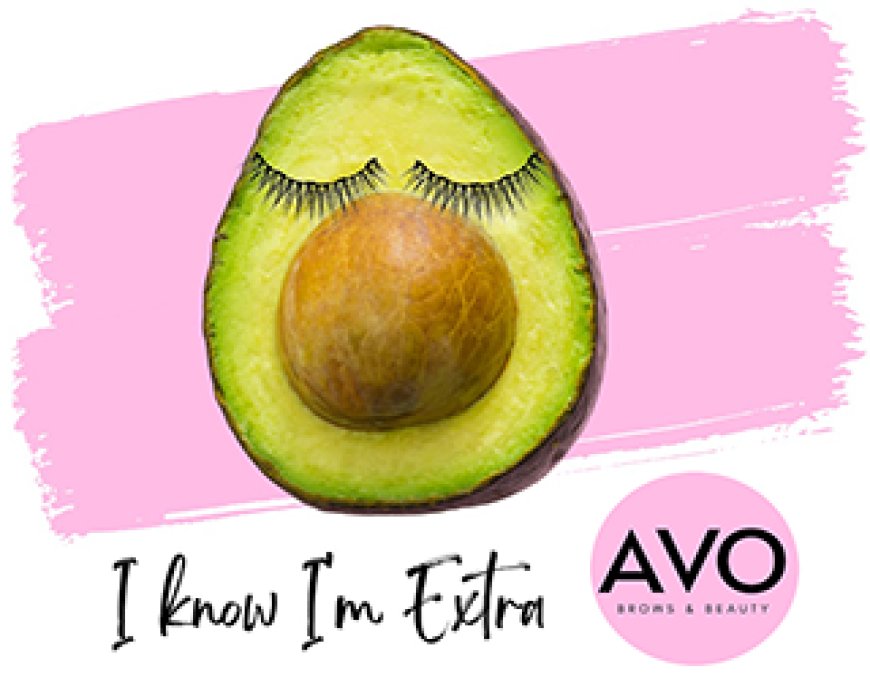How Inspiration from a Business Biography Stopped Credit Card Fraud
Do you read books? I do. I’m constantly reading. I’ve been a small-business entrepreneur since 1978. What follows is a true story that reaches back to the middle 1990s. It’s how a book inspired me to make changes to a business I had at the time that slammed the brakes on credit card fraud instantly. […] The post How Inspiration from a Business Biography Stopped Credit Card Fraud appeared first on Entrepreneurship Life.

Do you read books? I do. I’m constantly reading. I’ve been a small-business entrepreneur since 1978. What follows is a true story that reaches back to the middle 1990s. It’s how a book inspired me to make changes to a business I had at the time that slammed the brakes on credit card fraud instantly.
A bit about me: I’m a co-founder of the United Schutzhund Clubs of America, the nation’s largest working dog organization. Me and a few others put it together in 1976, and I volunteered to be the group’s business manager and to start a bimonthly publication called Schutzhund USA. Schutzhund literally translates to “protection dog” from the German. It’s a sport consisting of tracking, obedience and protection work. USCA is a non-profit; my efforts were on a volunteer basis.
Since 2002, I’ve been running Ghostwriters Central, Inc., a provider of ghostwriting services to clients worldwide. Books, screenplays, wedding vows, speeches of all kinds, theatrical scripts and a lot more. Business people contact us for autobiography ghostwriting, too. If you’d like our help to write your story, just click the link.
Oh yes, the book. Sam Walton was a humble guy who drove around Arkansas in an old pickup truck. He was the founder of WalMart. In 1993, he published his life story as: Sam Walton: Made in America. My bookshelves are crammed with such books. I never got past the first semester of community college (blame it on my ADHD), so I read and learn. Reading sufficed as my college education. You’ve probably heard of the WalMart greeter. Since the company’s founding, ol’ Sam stationed a person at the front door to enthusiastically welcome shoppers. The shoppers loved it.
Sam realized that a greeter would be a novelty in business. After all, who else pays someone to stand at the door to greet shoppers? He invented the concept. Shoppers liked being greeted. The feel-good greeter thing was one of two reasons that greeter was stationed where he or she was. The second reason, unknown to the public, was to prevent people from walking out the door with unpaid merchandise.
I started my own magazine about working dog training in 1978. Several pages at the back consisted of equipment and accessories I sold. People in schutzhund, French ring sport, police K-9, military K-9, search and rescue needed specialized gear. Business grew and so did the inventory. I hired some salespeople to handle the calls and ship the product. That’s where things began to go south.
Credit card fraud was the problem. We started getting calls from cardholders and we got chargebacks. Bad guys would take delivery of essentially stolen goods, and the scale of theft increased. Back then, there was no security code on credit cards. There was literally no way to determine if a purchase made on a card was a legitimate sale. I was in the midst of this problem when I read ol’ Sam’s book.
I read the passage about the greeter as store security. Hold up, I suddenly thought. Could this sneaky approach to security work for phone and mail order sales? The following day, I called a meeting with staff. “I believe I found a solution to our credit card fraud problem,” I said. I described what ol’ Sam did. Until that meeting, when we got a complaint about a charge, or a chargeback, we attempted to reach who we thought was the buyer, but of course were unable to. The phone numbers were either not in service or reached some who knew nothing about the purchase. The fact that the bad guys did not want to be contacted was the key.
Understandable. If your career is ripping people off, why would you want the victim to be able to reach you?
“Here’s what we’re gonna do. We’ve learned that calling the number associated with the fraud never finds the bad guys. So we are going to become the nicest, friendliest seller of dog training gear on this planet. This will be our equivalent of ol’ Sam’s WalMart greeter. Now, when somebody is going to rip us off, they’re not going to scam us for a leash and a couple collars. They’re gonna order more. Any sale over $100 by mail or phone order will get a call back from us, but we do not tell them there will be a call. When we make the call back, we’re going to thank them for the order and tell them when the order will ship.”
That approach got a lot of thanks from buyers. They appreciated the personal attention. If the call reached buyers, we knew the sale was legit and we processed the order. If the call went unanswered, was a not-in-service number, or reached someone who knew nothing about the order, we canceled it. Fraud dropped to zero immediately. The bad guys had no idea how we identified their scam orders. All they had to do was think about the greeter on their next trip to WalMart. Or read ol’ Sam’s book.
Business biographies and memoirs can be entertaining, informative and incredibly useful. You never know what you’ll learn that can be successfully deployed to your own business. Thank you, Sam.
The post How Inspiration from a Business Biography Stopped Credit Card Fraud appeared first on Entrepreneurship Life.












